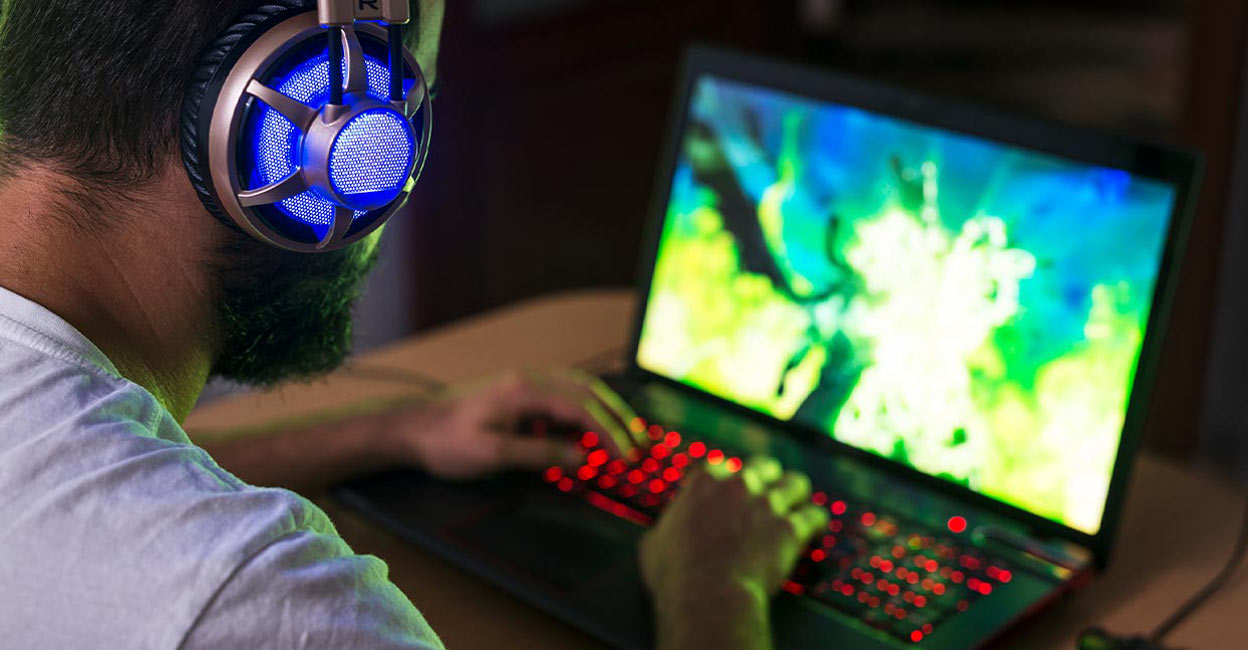GST council to levy 28% tax on online gaming, casinos, horse racing
New Delhi: In a major setback to the gaming industry, the GST Council on Tuesday agreed to impose a 28 per cent tax on online gaming, casinos and horse racing. The tax would be levied on the full face value.
However, Finance Minister Nirmala Sitharaman said the decisions related to 28% GST on online gaming and casinos was not aimed at targeting any particular industry.
“The decisions were intensive and were taken after consultation with all the members, including those representing states like Goa and Sikkim where casinos form a key part of the tourism sector,” she said during the GST Council meeting.
“It is impossible to pierce the veil of opacity,” Sitharaman said, adding that every state was in agreement that online gaming and betting should be taxed at the highest rate on full face value.
On legal challenges mounted by some gaming companies against levy of 28 per cent tax on full value, Revenue Secretary Sanjay Malhotra said the government will continue to fight those cases in courts. “28 per cent tax was always the case in online gaming. Today’s decision is only to clarify it and put an end to these debate,” he said.
An amendment to the GST law to define online gaming, horse racing and casinos as ‘actionable claim’, like lottery and gambling, is likely in the ensuing monsoon session of Parliament.
A group of ministers (GoM) on taxation of online gaming, casinos and horse racing on whether to impose a 28 per cent GST on the face value of bets, or gross gaming revenue (platform fees) had submitted its report to the government in December last year.
Gaming companies have said that levying of 28 per cent GST will limit their ability to invest in new games, impact cash flows as well as business expansion.
According to industry leaders, the decision will shift users to illegal betting platforms leading to user risk and loss of revenue for the government.
Gaming companies oppose move
The All India Gaming Federation (AIGF), which represents companies like Nazara, GamesKraft, Zupee and Winzo, said the decision by the council is unconstitutional, irrational, and egregious.
“The decision ignores over 60 years of settled legal jurisprudence and lumps online skill gaming with gambling activities. This decision will wipe out the entire Indian gaming industry and lead to lakhs of job losses and the only people benefitting from this will be anti-national illegal offshore platforms,” AIGF CEO Roland Landers said.
He said that when the central government has been supporting the industry, it is unfortunate that such a legally untenable decision has been taken, ignoring the views of most GoM states who studied this matter in detail.
Online gaming players have repeatedly urged the government and the GST Council to levy 18 per cent GST on their segment instead of 28 per cent that was recommended by Group of Ministers (GoM).
“The implementation of a 28 per cent tax rate will bring significant challenges to the gaming industry. This higher tax burden will impact companies’ cash flows, limiting their ability to invest in innovation, research, and business expansion,” IndiaPlays COO Aaditya Shah said.
He also said that skill-based games and apps engaged in betting or casinos should not be treated in the same manner.

E-Gaming Federation (EGF), whose members include Games 24×7 and Junglee Games, said that a tax burden where taxes exceed revenues will not only make the online gaming industry unviable but also boost black market operators at the expense of legitimate tax-paying players.
EGF claimed that online gaming is different from gambling, and the Supreme Court and various High Court decisions have reaffirmed the status of online skill-based games as legitimate business activity protected as a fundamental right under the Indian constitution.
“RIP – Real money gaming industry in India. If the govt is thinking people will put in Rs 100 to play on Rs 72 pot entry (28 per cent gross GST); and if they win Rs 54 (after platform fees)- they will pay 30 per cent TDS on that – for which they will get free swimming pool in their living room come the first monsoon – not happening !” Grover tweeted.
He said it is time for startup founders to enter politics and be represented.
“It was good fun being part of the fantasy gaming industry – which stands murdered now. USD 10 billion down the drain in this monsoon,” Gorver said.
PlayerzPot Co-Founder & Director Mitesh Gangar said the higher burden will also impact the country’s massive gaming industry and deter new players from entering the industry.
Federation of Indian Fantasy Sports (FIFS) said the decision will shift users to illegal betting platforms leading to user risk and loss of revenue for the government.
Deloitte India, Partner, Shilpy Chaturvedi said the council has proposed to increase the tax rate to 28 per cent rate and that too on the entry amount particularly for real money games.
“Moreover, the GST Council has recommended to remove the critical distinction between game of skill and game of chance, which has always been a determining factor in applying rate of tax and valuation.
This distinction had its fair share of challenge, not only for the GST but under regulatory laws as well,” Chaturvedi said.
Earlier, Additional Solicitor General N Venkataraman had said that putting money on uncertain events amounts to wagering.
He had also said that some states are making a mistake in trying to distinguish between a game of skill and a game of chance in the context of wagering.
(With inputs from PTI, IANS)
For all the latest business News Click Here

